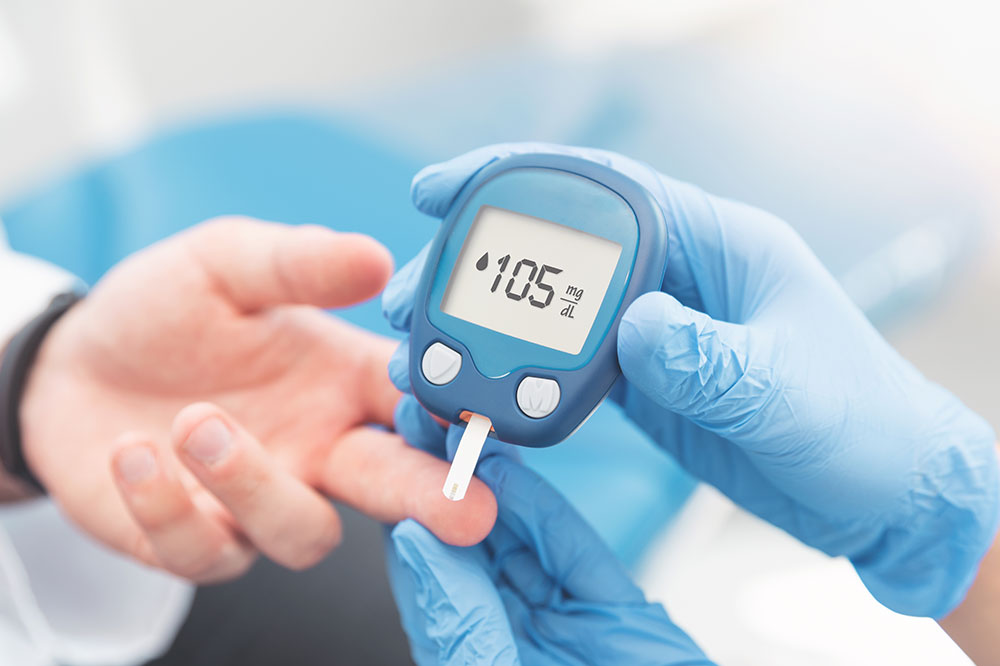At-Home Testosterone Testing Kits: Conveniently Monitor Your Levels
Discover how at-home testosterone testing kits offer a convenient way to monitor your hormonal health. Learn about their usage, accuracy, and the importance of consulting healthcare professionals for abnormal results. These kits provide an easy, non-invasive method for initial assessment, helping you stay proactive about your well-being before seeking medical advice for comprehensive diagnosis and treatment options.

At-Home Testosterone Testing Kits: Conveniently Monitor Your Levels
Experiencing a decline in testosterone? It's a common phenomenon that naturally occurs with aging. However, abnormal drops in testosterone can signal health issues. Studies indicate men over 75 often have significantly low levels, affecting nearly a third of males in that age group. But aging isn't the only factor; hormonal imbalances, obesity, injuries, and cancer treatments can also reduce testosterone. Luckily, home testing kits make it simple to check your levels privately and conveniently, helping you stay informed about your health status.
When should you consider using a testosterone testing kit?
Use these kits whenever you notice symptoms like low libido, decreased muscle mass, erectile issues, or hair loss. If you experience these signs, consulting your healthcare provider is essential for accurate diagnosis and treatment options.
How do these kits function?
Testing at home is straightforward. Instead of a blood draw like at the doctor’s office, these kits typically analyze saliva samples, making the process less invasive. After collecting your sample, you send it to the specified lab and await your results—providing an easy initial assessment of your testosterone levels.
Can I trust the accuracy of home test kits?
Although blood tests remain the gold standard, saliva-based kits offer a convenient alternative. Results may fluctuate due to collection and storage methods, so it's advisable to confirm findings with a healthcare professional for precise evaluation.
Interpreting the results and next steps
If your levels are within the normal range but symptoms persist, seek medical advice. If your testosterone is low, consulting a doctor is crucial before attempting any treatment or supplements, as some may cause adverse effects such as sleep issues, prostate concerns, cardiovascular risks, or fertility problems. Age-related declines are natural, and professional guidance ensures safe management.
Overall, at-home testosterone testing kits provide an initial insight into your hormonal health, empowering you to make informed decisions. Remember, a confirmatory blood test by a healthcare provider remains the definitive step toward diagnosis and treatment.










